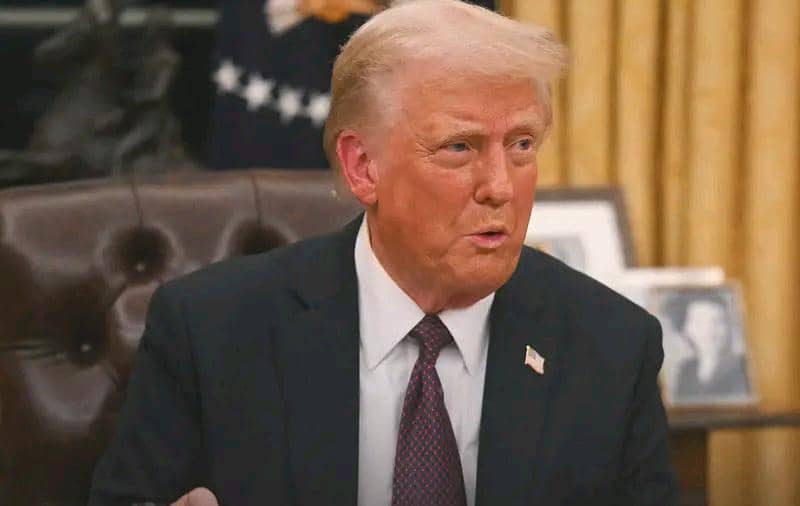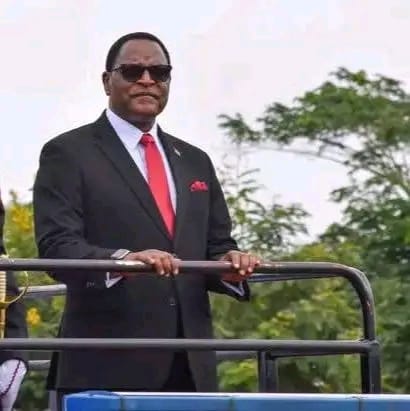By Burnett Munthali
In a dramatic start to his presidency, U.S. President Donald Trump issued a series of executive actions on Monday that signal a sharp pivot in domestic and international policy. Among the controversial moves, Trump directed the United States to withdraw from key international health and climate organizations, suspended foreign aid programs, and unveiled a stringent new approach to immigration.
A centerpiece of the orders was immigration reform. Trump declared a national emergency at the U.S.-Mexico border, citing security concerns. He ordered the cessation of asylum applications and moved to halt birthright citizenship for certain children born on U.S. soil. These actions, which align with Trump’s longstanding “America First” ideology, aim to overhaul immigration policies to prioritize U.S. interests.
In addition, the president instructed immigration authorities to implement the “maximum degree possible” of vetting and screening for individuals seeking entry into the United States. He ordered the government to identify foreign nations with inadequate screening procedures, paving the way for potential bans on travelers from such countries. This initiative recalls the travel bans implemented during Trump’s previous administration, which targeted nations he deemed high-risk.
Trump also reaffirmed his foreign policy doctrine, issuing an order that instructed Secretary of State Marco Rubio to prioritize the “America First” agenda in all State Department activities. The executive order stressed that U.S. foreign policy would focus on protecting and advancing American interests above all else.
“From this day forward, the foreign policy of the United States shall champion core American interests and always put America and American citizens first,” the order stated.
The decision to withdraw from international health and climate bodies has already sparked backlash from global leaders and domestic critics alike. These organizations, which Trump has often criticized for perceived inefficiencies and biases against U.S. interests, play key roles in addressing global challenges like pandemics and climate change. Critics argue that disengaging from these bodies could isolate the United States on the world stage and weaken its ability to influence global policy.
Trump’s suspension of U.S. foreign aid represents another controversial decision. The move halts billions of dollars earmarked for international development and humanitarian programs, raising concerns about the impact on global stability and America’s international standing. Advocates for foreign aid have warned that the suspension could worsen poverty and undermine U.S. diplomatic efforts in key regions.
These actions highlight Trump’s commitment to his campaign promises and his intention to reshape U.S. policies in his image. While his supporters praise the measures as bold steps to protect American sovereignty and security, critics warn that the sweeping changes could alienate allies, deepen domestic divisions, and trigger legal battles over the scope of presidential power.
As Trump begins his term, the world watches closely, bracing for the ripple effects of his policies on global diplomacy, trade, and security. His administration’s decisions will likely dominate headlines in the coming weeks, as the U.S. embarks on a new chapter under his leadership.




